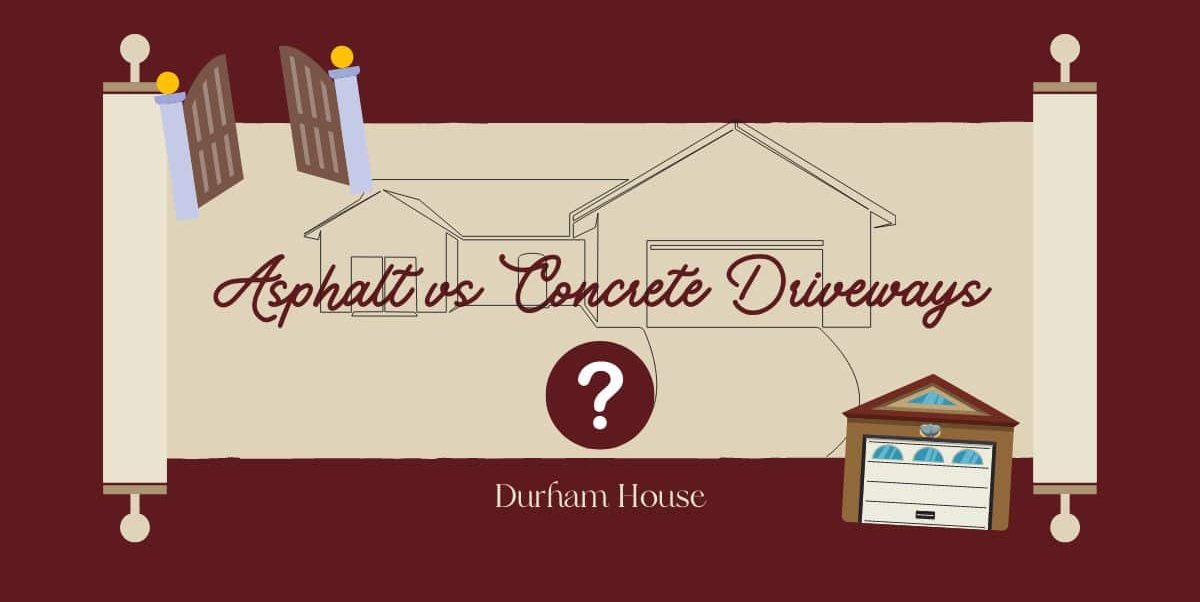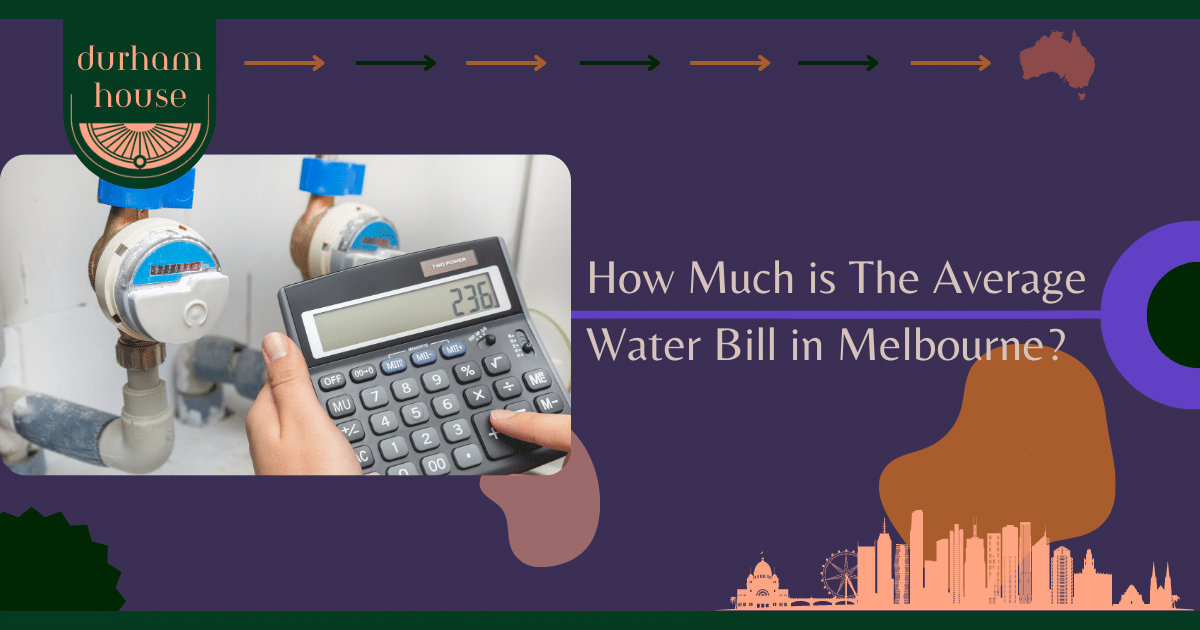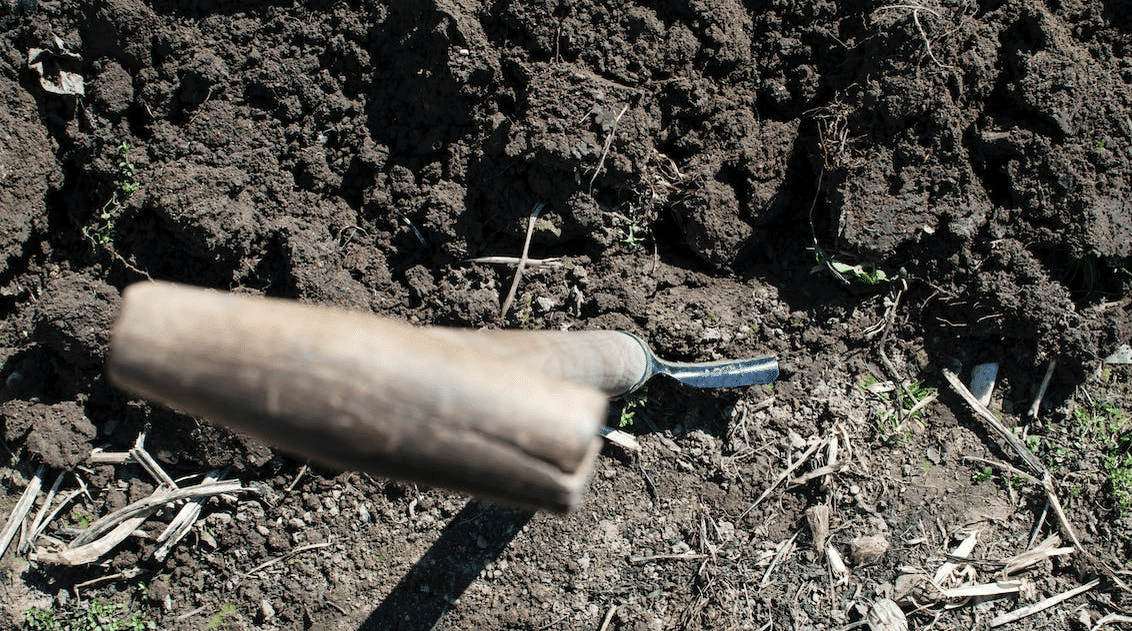When it comes to choosing the right material for your driveway, the age-old debate between concrete and asphalt continues to divide homeowners and property developers alike. If you’re having trouble deciding, we’ll give you a rundown of the differences between these two popular driveway materials. By the end of this article, you’ll have a clear understanding of the pros and cons of each option, enabling you to make an informed decision for your home.
How much is Asphalt per square metre in Australia?
Asphalt driveways range in cost between around $35 per square metre in Australia, depending on where construction takes place. WA prices tend to be the lowest, at around $25 per square metre, while New South Wales tops the charts at $45 per square metre. Asphalt driveway installation methods are relatively standardised, so installation costs shouldn’t vary much.
How much is concrete per square metre in Australia?
Concrete driveways substantially cost more than asphalt driveways, and prices depend more on installation methods, style, and variety than location. The simplest plain concrete driveway will cost between $60-$85 per square metre, depending on the complexity of the installation required, while reinforced, customised, or coloured concrete driveway can range anywhere from $65-$150 per square metre.
Maintenance
Asphalt driveways generally require more frequent maintenance, including sealing every 3 to 5 years to protect against wear and tear. Concrete driveways, on the other hand, require sealing less frequently – every 5 to 10 years – but may still develop cracks or discolouration over time. When it comes to repairs, asphalt driveways can be easier and less expensive to fix since patches blend more seamlessly with the existing surface.
Aesthetic Appeal
Concrete driveways offer a wide range of design possibilities. They can be easily stamped, coloured, or patterned to create a unique and visually appealing surface. Asphalt driveways have a more limited aesthetic range, typically available only in a standard black colour, and not easily moulded into different shapes or patterns. Regardless, many homeowners appreciate the uniform appearance that asphalt provides.
Durability and Lifespan
In terms of durability, concrete driveways are generally the stronger and longer-lasting option. A well-installed and maintained concrete driveway can last up to 30 years or more. Asphalt, on the other hand, has a lifespan of 15 to 20 years. However, it’s important to note that both materials require regular maintenance to ensure optimal performance and longevity.
Installation and Curing Time
Asphalt driveways have a quicker installation process compared to concrete driveways. They can be laid and compacted within a day, and are typically ready for use within 24 to 48 hours. Concrete driveways, on the other hand, require more time to set and cure, often taking up to a week before they’re ready for use. This may be a crucial factor to consider if you’re looking to complete your driveway project quickly.
Climate Considerations
Both concrete and asphalt driveways react differently to various climates. Concrete is more susceptible to cracking in colder climates due to freeze-thaw cycles, while asphalt is more flexible and less likely to crack under these conditions. However, in hotter climates, asphalt can soften and become tacky, while concrete remains more stable.
Environmental Impact
Concrete driveways are considered more eco-friendly than asphalt driveways, as they don’t require the use of fossil fuels for production; they do, however, still emit harmful greenhouse gases during manufacturing. Both are recyclable and can be crushed up and reused if new construction or remodelling requires they be modified. Newer types of concrete, like hempcrete, are more environmentally friendly, though not as readily available.











